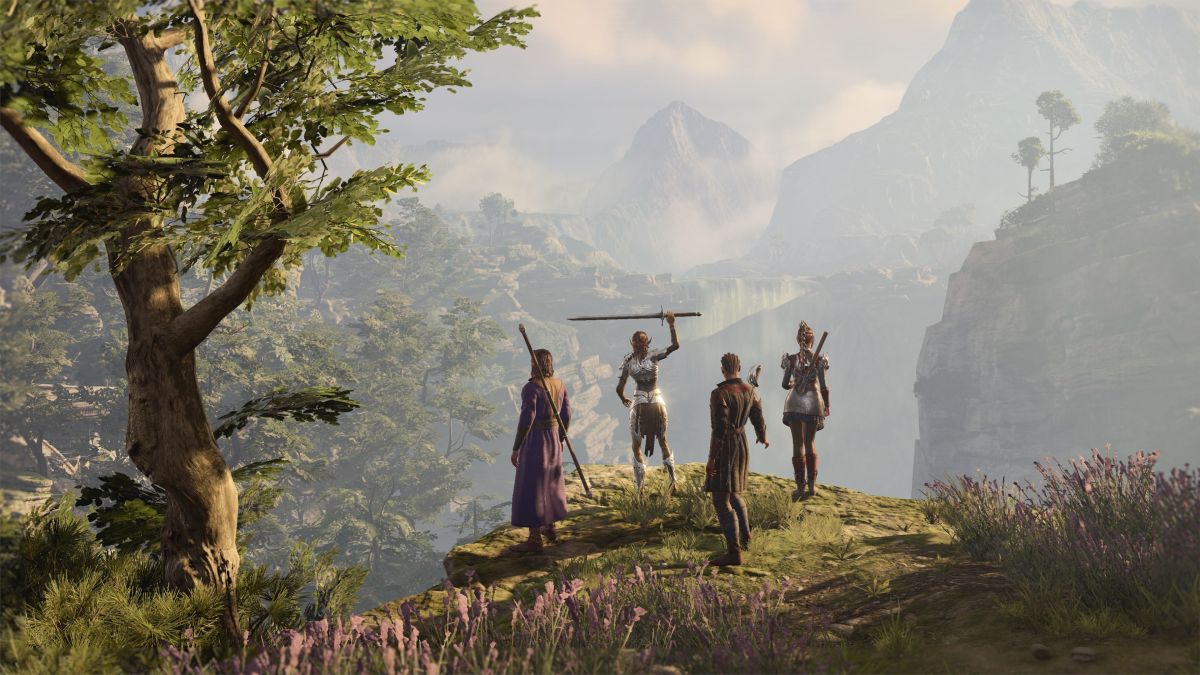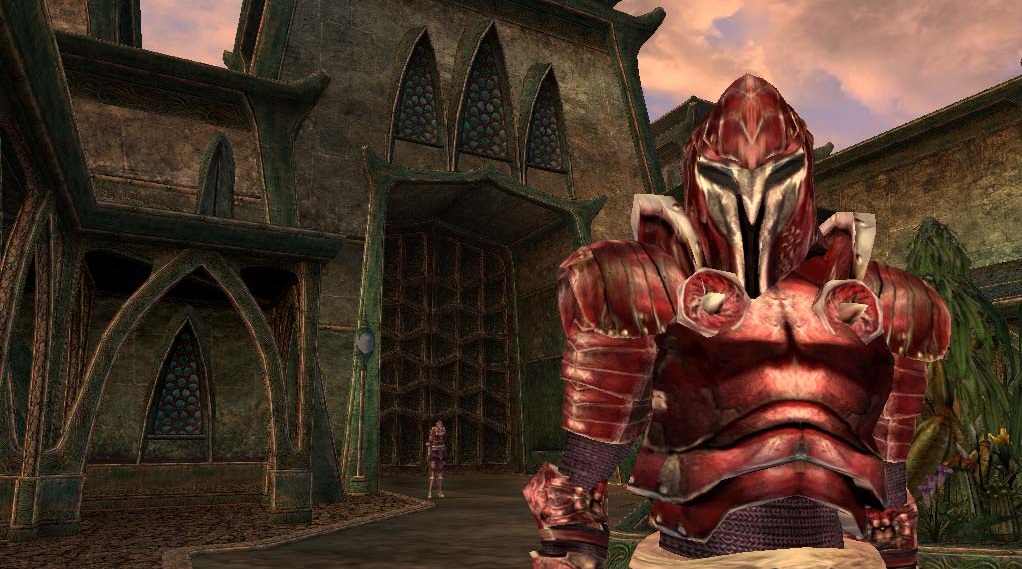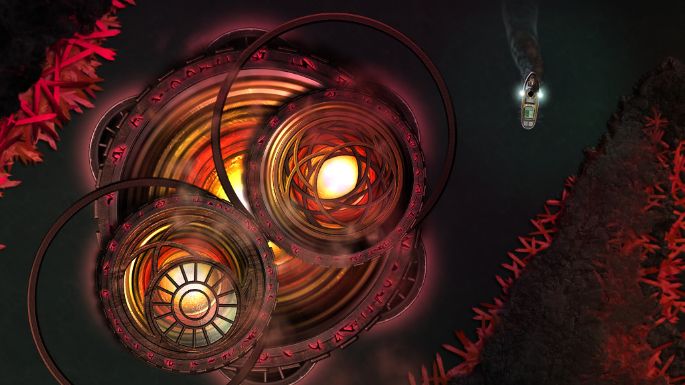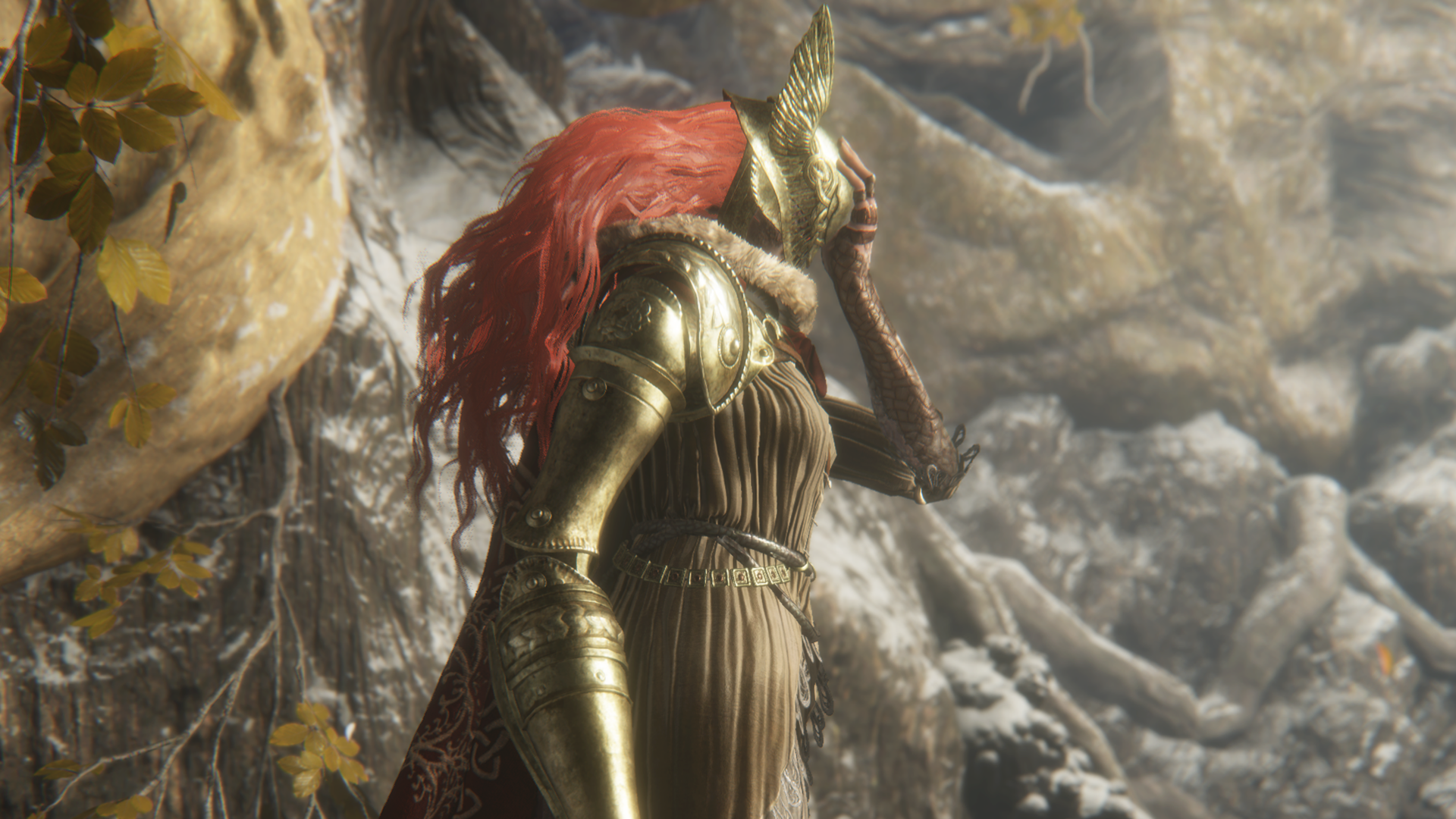
The upcoming launch of Baldur’s Gate 3 has stuffed my head with ideas of elves and dragons and enchanted swords, all of which I’ve realised I am totally exhausted by. My tolerance for fantasy impressed by European folklore and Tolkien has completely run out, leaving me wishing sport builders would delve into weirder locations to search for a brand new muse.
Baldur’s Gate is, in fact, beholden to an current universe, one of the crucial acquainted ones, so these mainstays are inevitable. However the world of Toril, the place the Forgotten Realms are located, is likely one of the least thrilling areas in D&D, particularly when in comparison with the fantastic mess of the planes or the void between worlds that performs host to Spelljammer campaigns. Gimme a few of that cosmic fantasy.
That mentioned, Larian deserves credit score for nonetheless embracing the odder aspect of D&D. The deal with thoughts flayers and physique horror, the introduction of characters like The Darkish Urge and, in fact, having intercourse with a druid utilizing the Wild Form spell make sure that Baldur’s Gate 3 stands out. The studio is clearly having loads of enjoyable inside this in any other case typical setting and attempting to push it in uncommon instructions. However we’re nonetheless inundated with the overly acquainted, the place even probably the most celebrated of fantasy video games really feel obstinately conservative, ticking off a dizzying array of historic tropes.
Conventional fantasy is not inherently shit. I am all the time going to be keen on dwarves, and never simply because they’re incessantly offered as Scottish. It is simply that so many video games, movies and books find yourself retelling the identical tales—ones as previous as Lord of the Rings, which itself owes an enormous debt to folklore. Their impression has been dramatically lessened by oversaturation and an overzealous fixation on racial traits: elves are haughty, dwarves are taciturn and grasping, orcs are dangerous and dumb. This makes even new tales appear staid and predictable.
It is one of many causes I nonetheless cling to Morrowind, a land the place folks stay inside carapaces in a volcanic desert, the place wizards fall from the sky, and the place public transport is dominated by massive, lovely bugs. And it is proof that you simply needn’t toss out each single acquainted component simply to make a spot really feel alien. You’ve got nonetheless acquired your prophecies, a lot of a lot of elves, faculties of magic—nevertheless it by no means stops being delightfully bizarre. Thoughts you, eliminating a few of these issues would nonetheless be welcome.
Sadly, Bethesda ended up moving into the wrong way. When it adopted up Morrowind with Oblivion (an enormous European forest) and Skyrim (Scandinavia) I did not all of a sudden kick the sequence to the curb, however my enthusiasm for exploring these areas by no means reached the heights of my journey by way of their predecessor. I would seen the sunshine, and generic fantasy ceased to drift my boat.

I would seen the sunshine, and generic fantasy ceased to drift my boat.
For these in search of a mixture of traditional fantasy and many novelties, Shadowrun has lots to supply. This tabletop setting, which has impressed quite a lot of videogames, together with the superb Shadowrun: Dragonfall and Shadowrun: Hong Kong, splices city fantasy with elves and orcs. Huge firms run the present, however they exist in a world the place magic could be very actual and the place they is likely to be hacked by a cybernetically enhanced dwarf. This mix of cyberpunk and conventional fantasy ends in a novel concoction with loads of surprises effervescent to the floor.
Much more than sci-fi, fantasy permits creators to eschew the principles of actuality, the place something could make sense in case you give it sufficient context. Nevertheless it typically appears like builders wish to make fantasy settings much more acquainted, encapsulated by the development of tackling points affecting the actual world, like how the plight of Dragon Age’s elves mirrors real-world bigotry and colonialism.
Now, fantasy has all the time had one thing to say about actual points—like Lord of the Rings’ critique of industrialisation—and that should not cease. This sort of grounding might help us extra simply make sense of those fictional locations. However when it is mixed with so many different tropes, it leaves me determined for some escapism.

Failbetter’s Fallen London setting, which spawned Sunless Sea and Sunless Skies, is maybe my favorite instance of a world that strikes the right stability between the acquainted and the alien. It has all the trimmings of Victorian London, however a Victorian London that was dragged beneath the bottom by bats, which sits subsequent door to Hell, the place devils had been as soon as bees. It’s, always, unhinged and stunning, now boasting a number of video games stuffed with indescribable horrors and oddities. And its model of horror is novel, too, wanting past the same old sources of inspiration.
As an alternative of elves casting spells, you have acquired scarab-headed girls making artwork out of fruit and saliva.
At a time when Lovecraft is a touchstone for therefore many videogames, Failbetter as an alternative seems to be to writers like China Mieville, whose bizarre tales are much more weird and unsettling, however with out the pervasive racism. I used to be rereading Mieville’s Perdido Road Station lately and there is nonetheless nothing prefer it. As an alternative of elves casting spells, you have acquired scarab-headed girls making artwork out of fruit and saliva, murderous betentacled moths who can get you excessive from their excrement and a canine possessed by a sentient hand. With each chapter there’s one thing new to wrap your head round, however not often does it ever get too baffling.
That, I believe, is a worry builders have when crafting a setting: “If we go too bizarre, will gamers simply get confused?” For the likes of BioWare and Bethesda specifically, they’re all in favour of one thing with a broad enchantment. Whenever you enter a world closely impressed by previous fantasy tropes, you instantly perceive it. As an alternative of spending ages swotting up on esoteric lore, you’ll be able to simply begin stabbing stuff along with your enchanted sword. However I am satisfied builders can have their cake and eat it too.

Simply have a look at the success of Elden Ring, a sport the place the narrative is something however specific and also you make pals with a heroic jar stuffed with blood/wine/no matter that’s. Now it is baffling, however that did not cease an unlimited variety of folks from changing into completely obsessive about it. There’s not simply area for the bizarre, there is a starvation for it.
It isn’t simply extra oddities that I desperately need, although. It is new experiences. On the very least, it is about time for extra fantasy video games to go away Europe behind. The properly of European folklore has properly and really run dry. That is why I am enthusiastic about The Wagadu Chronicles, an afrofantasy MMO impressed by African mythology. And it is intriguing past the setting, promising a world the place gamers are absolutely in management, even taking part in the function of NPCs with emergent quests.
The Wagadu Chronicles shouldn’t be alone in shining a light-weight on the folklore of different locations, however this process is generally left to smaller, impartial studios who haven’t got the funds to spend on enormous advertising and marketing campaigns and doubtless will not ever get launched on stage by the likes of Geoff Keighley. It isn’t sufficient that they are getting made; additionally they want extra consideration, extra affect and the sort of success that may encourage risk-averse, bigger studios to comply with swimsuit.
Within the meantime, I assume I am going to simply fireplace up Morrowind once more.









